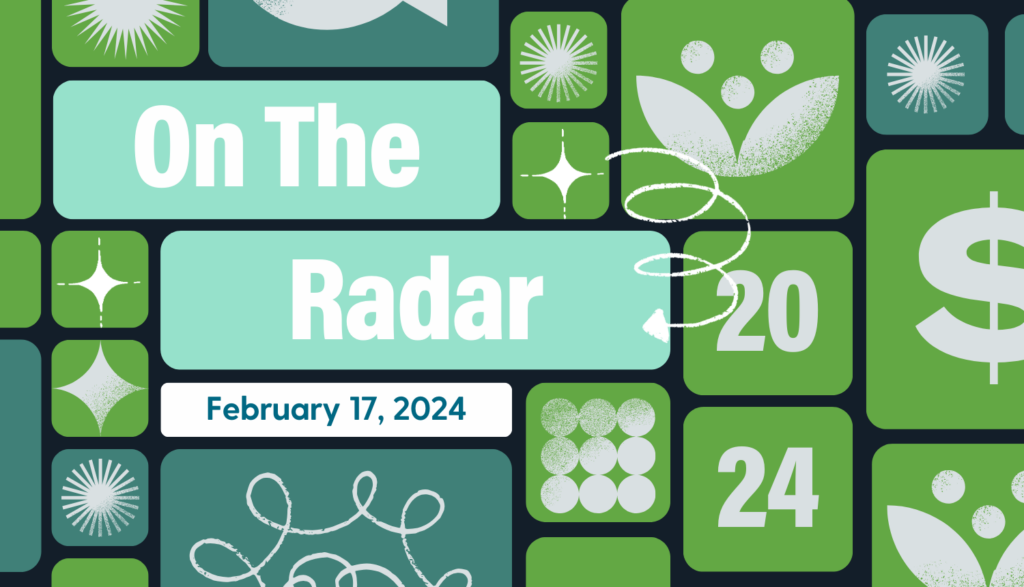‘Hurkle-Durkling’ Isn’t Necessarily Bad – But That Doesn’t Mean Everyone Should Do It
What? “Hurkle-durkle” comes from an old Scottish term meaning “to lie in bed or lounge about when one should be up and about,” and it’s trending on social media.
So What? Similar to “bed rotting,” the heart of hurkle-durkling is self-care and escaping the hustle culture many of us have been indoctrinated into. But there are drawbacks, too. When it’s overused or overdone, it can lead hurkle-durklers to drop responsibilities or become isolated from friends and family.
Now What? If your teen expresses the desire to hurkle-durkle or bed-rot, that’s not necessarily a bad thing. Prioritizing rest and having a slower start to the day can help optimize their time and mental health, says one expert. But limits should be set so that it doesn’t become an “avoidance mechanism,” says Dr. Jessica Gold. “Sleep is super important to mental health,” she says, but if the desire to sleep is prolonged or persistent, it could be a sign of depression or other physical and mental health problems.
Misconceptions Over ‘Dopamine Fasting’ Sparks New, Potentially Harmful Trend
What? Created by California psychiatrist Dr. Cameron Sepah, the idea behind a “dopamine fast” is to conquer compulsive behaviors, such as emotional eating or excessive internet usage, “by allowing ourselves to feel lonely or bored, or to find pleasures in doing simpler and more natural activities.”
So What? Believing that they’ve somehow become “tolerant” to dopamine, social media influencers are eliminating conversation, reading, exercise, music and anything else that can raise dopamine levels—even food—in the hopes that when they resume those activities, the experience will be more “intense” or “vivid.”
Now What? Dopamine is a naturally occurring brain chemical, Dr. Peter Grinspoon states for Harvard Health Publishing. “While dopamine does rise in response to rewards or pleasurable activities, it doesn’t actually decrease when you avoid overstimulating activities.” Moreover, the idea behind any fast is to supplant an unhealthy activity with healthy ones. So eliminating all food for 24 hours or more (which some TikTokers are recommending) as opposed to just eliminating junk food (as Sepah suggested) can be harmful to your health. And fasting from conversation (another TikTok suggestion) is actually counterintuitive, since human interaction is in the category of healthy activities that are supposed to supplant the unhealthy ones.
Tobacco-Free Nicotine Pouch Brand Zyn Goes Viral
What? Zyn is a type of nicotine pouch designed for adults as an alternative to smoking or chewing tobacco. The pouches are white and come in a white tin. They’re placed between the lips and the gums and contain between 1 and 12 milligrams of nicotine per pouch—about half of which is absorbed. (For comparison, a single cigarette contains 12-15 milligrams of nicotine but only 1-1.5 mg are absorbed.)
So What? Although the pouches cannot legally be sold to customers under 21 years of age, Zyn has become popular amongst teens—especially teen boys—thanks to social media “Zynfluencers.”
Now What? Zyn has become a controversial topic amongst politicians, but the important fact to remember is that nicotine—even in the form of a smokeless, spitless pouch—is a health risk, especially to those under the age of 18. Consuming nicotine in high amounts (which seems easier thanks to Zyn pouches’ high rate of absorption) “can put young people at risk of acute nicotine toxicity.” The U.S. Centers for Disease Control and Prevention warn that “prolonged nicotine use can also increase the risk of cardiovascular and respiratory disorders.” And nicotine “can hinder brain development in adolescents and young adults.”







One Response
Once again, PluggedIn has taken the time to publish a well written article that is well worth taking the time to read.